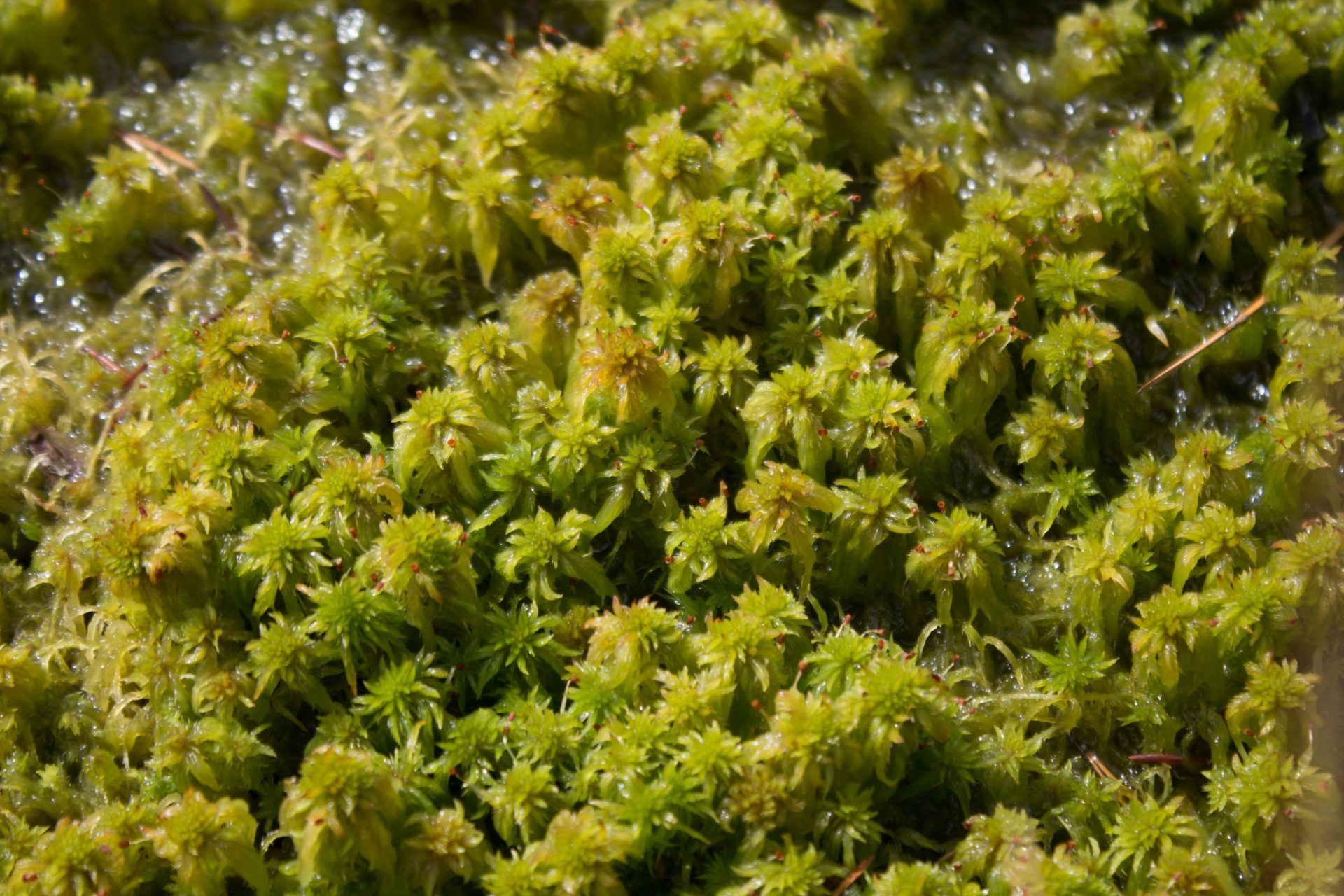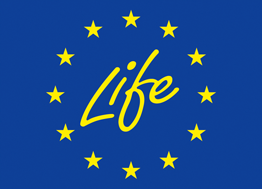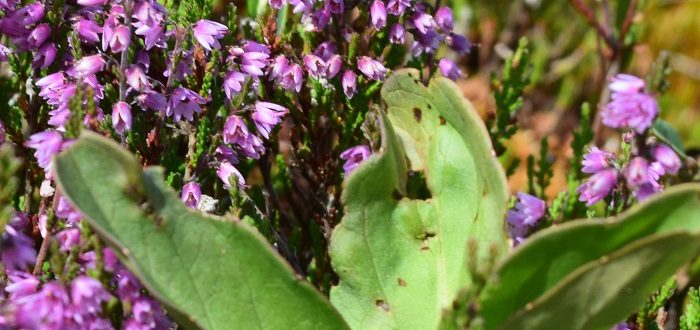LIFE Peat Restore’s 2020
The year of 2020 has finally ended. Like everyone else, the LIFE Peat Restore team had to endure the challenges presented to us by these unprecedented circumstances. National borders were closed, events postponed indefinitely, as well as the interruption of services crucial for the project implementation; not to mention the difficulties our team faced at a personal level.
In such demanding times, it becomes even more important to recognize and celebrate our accomplishments. Upon reflection of this difficult year, the overall balance of Peat Restore’s performance has been outstanding. The restoration measures are concluded in nearly all 11 sites, with the remaining sites expected to finish in February of 2021. Very soon 5,300 ha of previously degraded peatlands will be on the path to re-growing their peat forming vegetation and, subsequently, restoring their function as a carbon store. According to our estimations, based on the implementation of the GEST technique, we expect savings of 9.889,43 t CO2 eq per year, which represents a 25,85% reduction of Global Warming Potential.
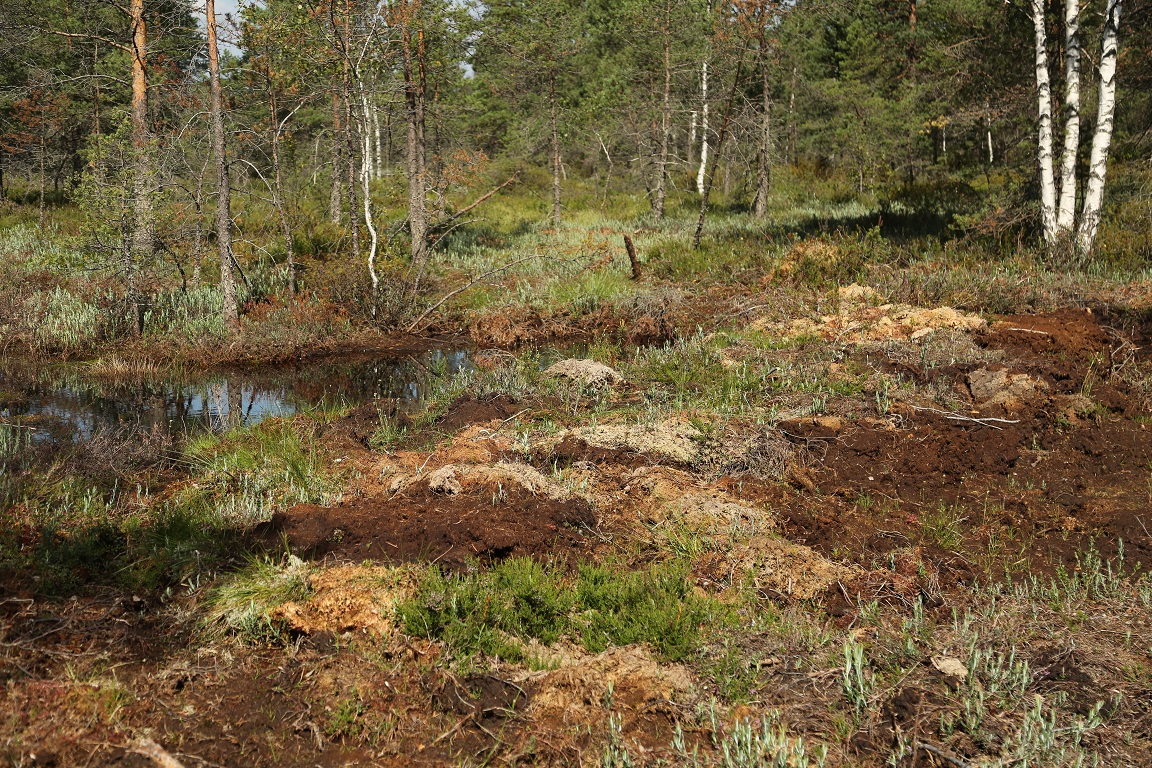
As LIFE Peat Restore advances, the EU’s CAP regresses
Unfortunately, at the EU level there has been little to celebrate regarding the renewal of the Common Agricultural Policy (CAP), which will shape farming and the environment for the next 7 year cycle (2022-2029). After a long negotiation process, the proposal of the European Commission (EC) suffered a significant setback, when the European Parliament (EP) and Council voted in October for a significantly watered down version of the EC’s proposal.
The planet’s climate and environment (as well as inhabitants!) cannot afford such watered down policies any longer. For the EU to reach the goals of reducing its emissions by 55% by 2030 and becoming carbon neutral by 2050, we (including EU policy-makers) must be braver, lest these goals become empty promises. In fact, it is clear to most experts that this version of the CAP will not contribute to reduce the EU’s greenhouse gas emissions.
There are aspects of this new CAP which are wholly incompatible with the envisioned climate goals. For example, the drainage of carbon-storing peatlands continues to be allowed; the reversal of the ban to convert protected natural sites to farmland; the lack of a dedicated budget to protecting nature; or the continued reinforcement of the use of CAP budget for direct payments to farmers without attaching any specific environmental conditions. Indeed, it seems irresponsible to continue to support climate damaging farming practices, like draining peatlands for farming, which is a practice that accounts for 25% of agricultural emissions in many EU countries; especially when known sustainable alternatives already exist (e.g. paludiculture). In practice, this continued support for an unsustainable status quo points to a great fear of change.
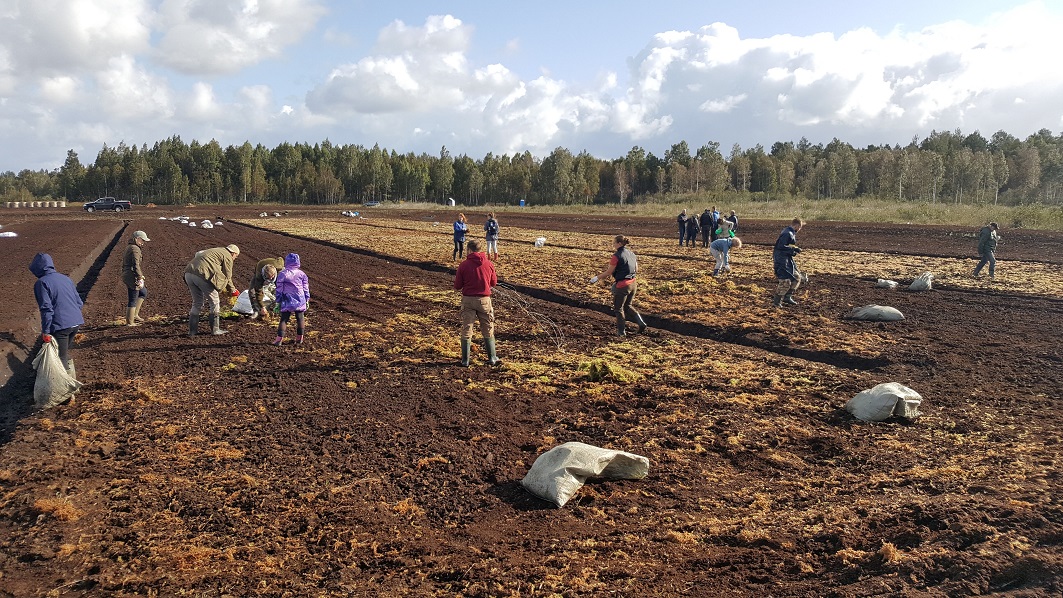
LIFE Peat Restore looks forward to a better 2021
One of our main role as an EU climate project is to demonstrate to society, especially policy-makers, that more sustainable paths are not only possible but also better. By showing other possibilities we contribute to overcoming the fear of change. Through the restoration of degraded peatlands we can show hectare by hectare that an improved and greener future is viable.
